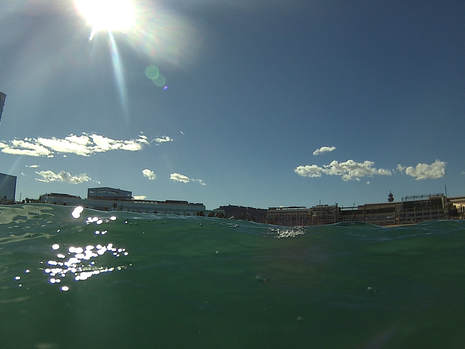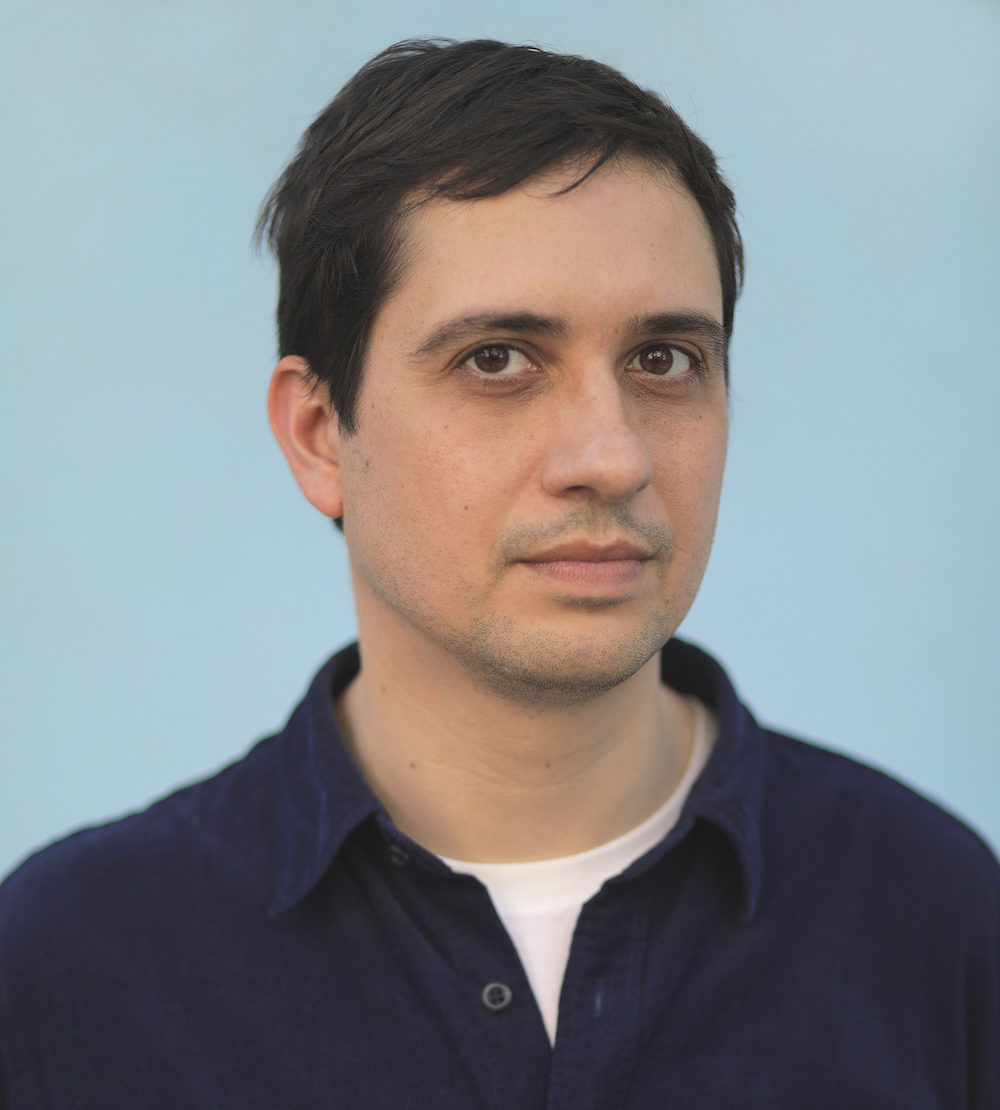Search
To search for an exact match, type the word or phrase you want in quotation marks.
A*DESK has been offering since 2002 contents about criticism and contemporary art. A*DESK has become consolidated thanks to all those who have believed in the project, all those who have followed us, debating, participating and collaborating. Many people have collaborated with A*DESK, and continue to do so. Their efforts, knowledge and belief in the project are what make it grow internationally. At A*DESK we have also generated work for over one hundred professionals in culture, from small collaborations with reviews and classes, to more prolonged and intense collaborations.
At A*DESK we believe in the need for free and universal access to culture and knowledge. We want to carry on being independent, remaining open to more ideas and opinions. If you believe in A*DESK, we need your backing to be able to continue. You can now participate in the project by supporting it. You can choose how much you want to contribute to the project.
You can decide how much you want to bring to the project.

I feel compelled to write a few words on Es que ahora no puedo (I Can’t Right Now), the proposal presented by Marc Vives at etHall from 10 April to 18 May, because I believe this is the best way to overcome the temptation of describing instead of revisiting. I’m afraid that to thoroughly analyse what took place yesterday and try to establish some kind of order would be to betray his hospitality and irreversibly break a sort of tacit agreement between those of us who were there. I’m not referring to the type of secret alliance that is signed to guarantee the integrity of a third party, or to the silent responsibility of those who, aware they are in possession of the truth, use it to nourish their ego, but to an agreement that commits all parties and begins with oneself. How presumptuous it would be to speak of sincerity or honesty — how empty. I think I’ll be able to explain it better, without so much sidestepping, if I call it fragility, yet we shouldn’t think of preciosity. I’m referring more to a stubborn attempt to create without losing sustainability, in both human and material terms; I’m referring to constructing from complicity, gratitude and humility, with a fair degree of coherence and perhaps even discipline — consider those morning dips in the sea at Barceloneta that Marc Vives has documented on Instagram.
While it may be obviously superfluous to note that the individual is tremendously political, in this stream of intuitions, wise decisions and false moves that Marc Vives links together to reach the here and now what we must understand is that he lives determinedly comfortable in the dissolution of the two categories. It could also be superfluous, though not as a result less necessary, to note that in all the exhibitions we visit, in all the novels we read, in the song we hear on a distant radio to which we barely pay attention we may discern a comment on the way in which we would like to live and other people’s resolve to thwart our desires. Vives has written a text he hands out to those of us who are there and says, ‘I didn’t want to write this, which will end up just folded in pockets, like exhibition brochures.’ Perhaps conventions dictate that the entrance door to a gallery should appear as a ‘cold door’ we open without too many expectations, behind which a variety of colourful and banal strategies of persuasion unfolds. Marc asks us to open it, fully aware that it’s a space where we won’t find any artifice, where what we should do is listen. It’s not much, but it’s enough. There’s no magic, but there is a conviction that the short hour that we shared prepares a space for the transfer of ideas and the distribution of affections.
Everything leads us to think that in Es que ahora no puedo Marc confronts this debt he seems to have acquired for the mere fact of being an artist; a denial of the pressure to produce, to generate contents, to present them attractively. We also feel a need to distance ourselves, to acquire a perspective on ourselves, on the mountains and buildings bordering the beach, and find pleasure in a distressing instability that keeps us suspended while it penetrates our body. There is some measure of recapitulation, some sort of a turning point – punctuation is very annoying – but there is also a verification: some things don’t deserve to be told, they have to be experienced, don’t you think?

Marc Navarro is a curator and writer. He has collaborated with art-projects and institutions such as the Sala d’Art Jove, the Centre Cívic Can Felipa, Fundació Joan Miró and Centre d’Art La Panera. His texts have appeared in exhibition catalogues and various publications such as: A*Desk, El Estado mental and Revista Artiga.
Photo: Silke Briel
"A desk is a dangerous place from which to watch the world" (John Le Carré)